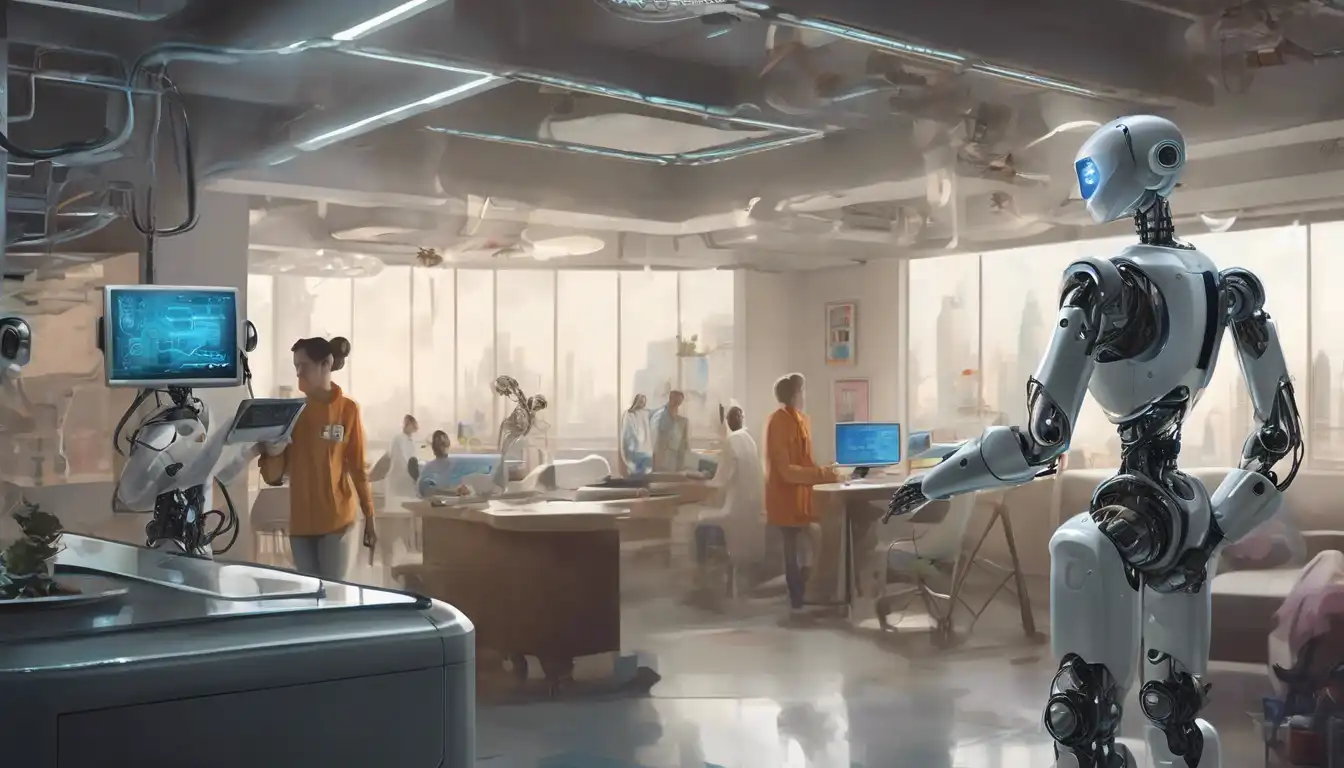The Future of Robotics in Everyday Life
The integration of robotics into everyday life is no longer a distant dream but a rapidly approaching reality. With advancements in artificial intelligence (AI) and machine learning, robots are becoming more capable, versatile, and, most importantly, accessible to the general public. This article explores the potential impacts and benefits of robotics in our daily routines, from household chores to personal healthcare.
Revolutionizing Household Chores
Imagine a world where your laundry folds itself, your floors are always clean without you lifting a finger, and your meals are prepared by a robotic chef. This is not science fiction; it's the future of home automation. Companies are already developing robots that can perform a variety of household tasks, reducing the time and effort required for daily chores.
Enhancing Personal Healthcare
Robotics is set to play a pivotal role in personal healthcare, offering solutions that range from robotic prosthetics to companions for the elderly. These innovations promise to improve the quality of life for individuals with disabilities and the aging population, providing them with greater independence and mobility.
Transforming the Workplace
The workplace is another area where robotics is making significant inroads. From manufacturing to customer service, robots are taking on tasks that are either too dangerous, repetitive, or complex for humans. This shift is not about replacing human workers but augmenting their capabilities and creating new opportunities for collaboration between humans and machines.
The Role of AI in Robotics
At the heart of these advancements is AI, which enables robots to learn from their environment and make decisions. This capability is crucial for robots to navigate the complexities of everyday life, from understanding human emotions to adapting to new tasks. As AI continues to evolve, so too will the functionality and intelligence of robots.
Preparing for a Robotic Future
As we stand on the brink of this robotic revolution, it's essential to consider the implications for society. Issues such as privacy, security, and the ethical use of robotics must be addressed to ensure that these technologies benefit everyone. Education and policy will play key roles in shaping a future where humans and robots coexist harmoniously.
The future of robotics in everyday life is bright, with the potential to transform how we live, work, and interact with the world around us. By embracing these changes, we can unlock new possibilities and improve the quality of life for people across the globe.
For more insights into the future of technology, check out our articles on the future of AI and the latest trends in automation.
